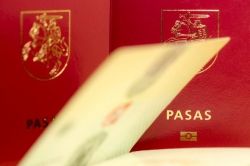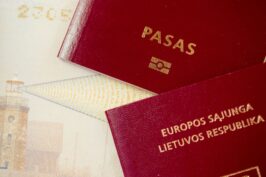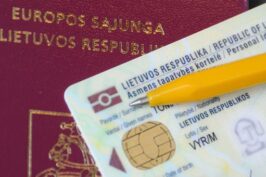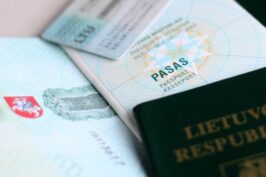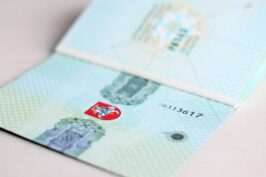- Home
- 2019 01 09 Lithuania celebrates 100 years of Lithuanian citizenship
2019 01 09 Lithuania celebrates 100 years of Lithuanian citizenship

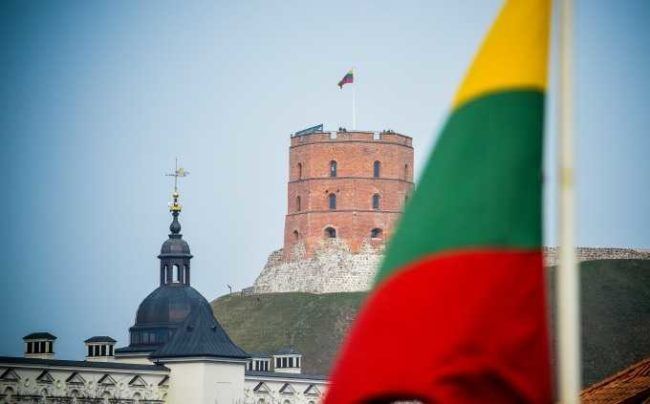
On 09 January 1919, the Provisional Law on Lithuanian Citizenship was adopted. This is the first Law on Lithuanian Citizenship. Today this Law celebrates its Centenary.
The contemporary concept of Lithuanian citizenship emerged after the restoration of the independent state of Lithuania in 1918, hereupon, the institute of Lithuanian citizenship has been established.
In 1919-1940, Lithuanian citizenship was regulated by Lithuanian laws, legislation issued by public authorities and international treaties of Lithuania.
Lithuanian laws and legal acts issued by public authorities shall be referable to: 1) Constitution of Lithuania; 2) Provisional Law on Citizenship of Lithuania of 09 January 1919, Law on Citizenship of Lithuania of 08 August 1939; 3) Introductory Law on the Management of Vilnius City and its Area of 27 October 1939; 4) Statutes of Passports; 5) legal acts issued by the minister of the interior and by both the minister of the interior and the minister of justice, and explanations on issues of citizenship; 6) circulars of the Department of Civil Rights Protection and the Department of Administration under the Ministry of the Interior, as well as explanations on issues of citizenship; 7) circulars of the Ministry of Foreign Affairs on issues of citizenship.
It has been established in the first Law on Lithuanian Citizenship, the Provisional Law on Lithuanian Citizenship of 09 January 1919, that the following persons were considered to be citizens of Lithuania: “1) persons whose parents and grandparents have lived in Lithuania since ancient times and who themselves always live in Lithuania; 2) children of persons indicated in the first subsection, who even though did not always live in Lithuania, but returned to live thereto; 3) persons who have lived in Lithuania no less than ten years before 1914 and who had: a) either their own real property, b) or permanent job; 4) children of a citizen of Lithuania; 5) his wife or widow; 6) children of a not married citizen of Lithuania, if they have not been accepted by the alien as his children.”
Both this law and the current institute of Lithuanian citizenship is based upon the principle of blood law (Ius sanguinis), which is grounded by kinship, i.e. citizenship of born person shall be determined according to citizenship held by his/her parents (or one of them). In this case, the territorial factor does not play any role, citizenship of a person shall not depend on the state where he/she was born.
The Provisional Law on Lithuanian Citizenship with amendments thereto was valid until 08 August 1939, when the Law on Lithuanian Citizenship was adopted.
MIGRATION LAW CENTER
